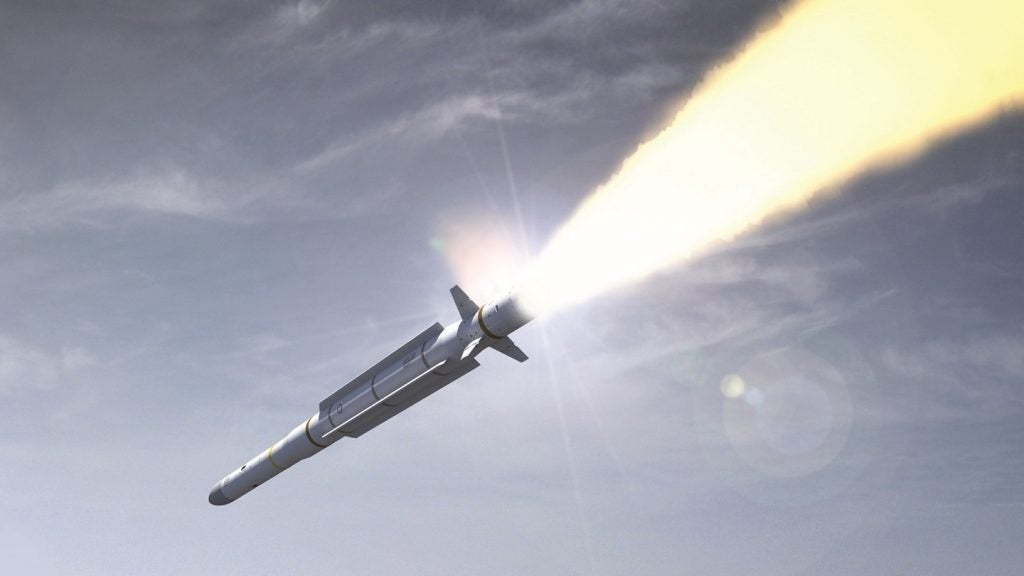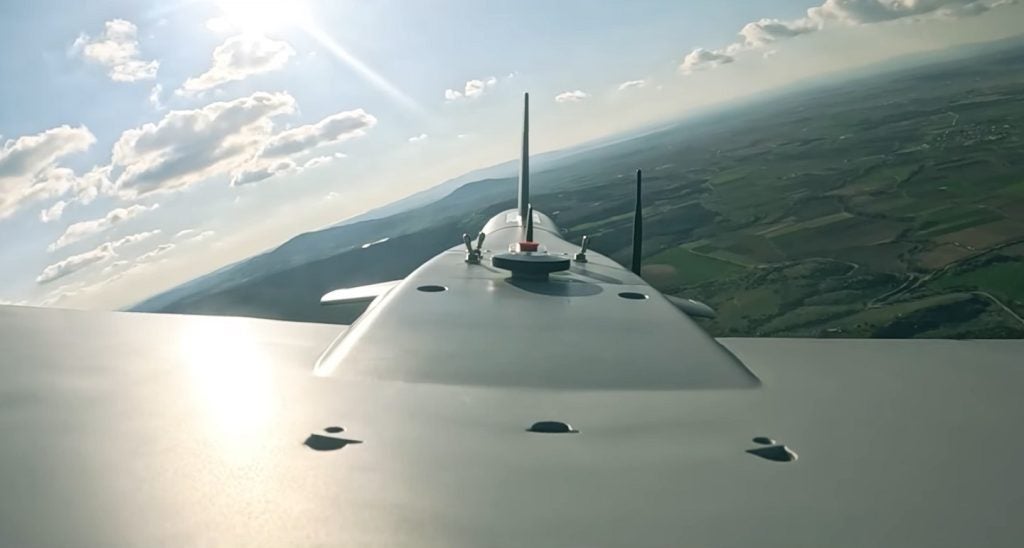
BAE Systems has received a Phase 2 contract from the US Defense Advanced Research Projects Agency (DARPA) to continue the development of machine learning technology for improved space situational awareness.
The machine learning capabilities are intended to provide the US military with enhanced awareness of space scenarios.
The contract has been awarded under DARPA’s Hallmark Tools, Capabilities, and Evaluation Methodology (Hallmark-TCEM) programme.
Hallmark-TCEM seeks to develop and evaluate tools and capabilities to plan, assess, and execute US military operations in space.
In addition, the tools will help in choosing an effective response for any given situation.
Satellites play a key role in meeting the US Department of Defense’s communications, surveillance, and security needs.
How well do you really know your competitors?
Access the most comprehensive Company Profiles on the market, powered by GlobalData. Save hours of research. Gain competitive edge.

Thank you!
Your download email will arrive shortly
Not ready to buy yet? Download a free sample
We are confident about the unique quality of our Company Profiles. However, we want you to make the most beneficial decision for your business, so we offer a free sample that you can download by submitting the below form
By GlobalDataUnder the contract, BAE Systems’ FAST Labs research and development team is responsible for the development of cognitive-based machine learning algorithms and data models.
Using the tools and models, space operators will be able to identify any unusual activity and predict potential threats.
The team already worked on Phase 1 of the programme, and continue to tap the BAE Systems’ Multi-INT Analytics for Pattern Learning and Exploitation (MAPLE) technology that analyses real-time or archived data streams.
The technology solution is known as MAPLE Automates Joint Indications and Warnings for Cognitive Counter-Space (MAJICS).
BAE Systems Sensor Processing and Exploitation group product line director Dr John Hogan said: “Our technology builds data models based on normal activity and then ingests large amounts of real-time, streaming data to compare against the normal model and determine if any abnormal activity is occurring or will occur.
“By using this technology, we hope to reduce the operator’s workload by providing a solution that will automatically predict space events such as launches or satellite movements based on millions of pieces of data, helping them make rapid decisions to avoid any potential threats.”
The company will perform the work at its facilities in Burlington, Massachusetts, and Reston, Virginia, in the US.
DARPA awarded Phase 1 contracts for the programme to 11 organisations.






